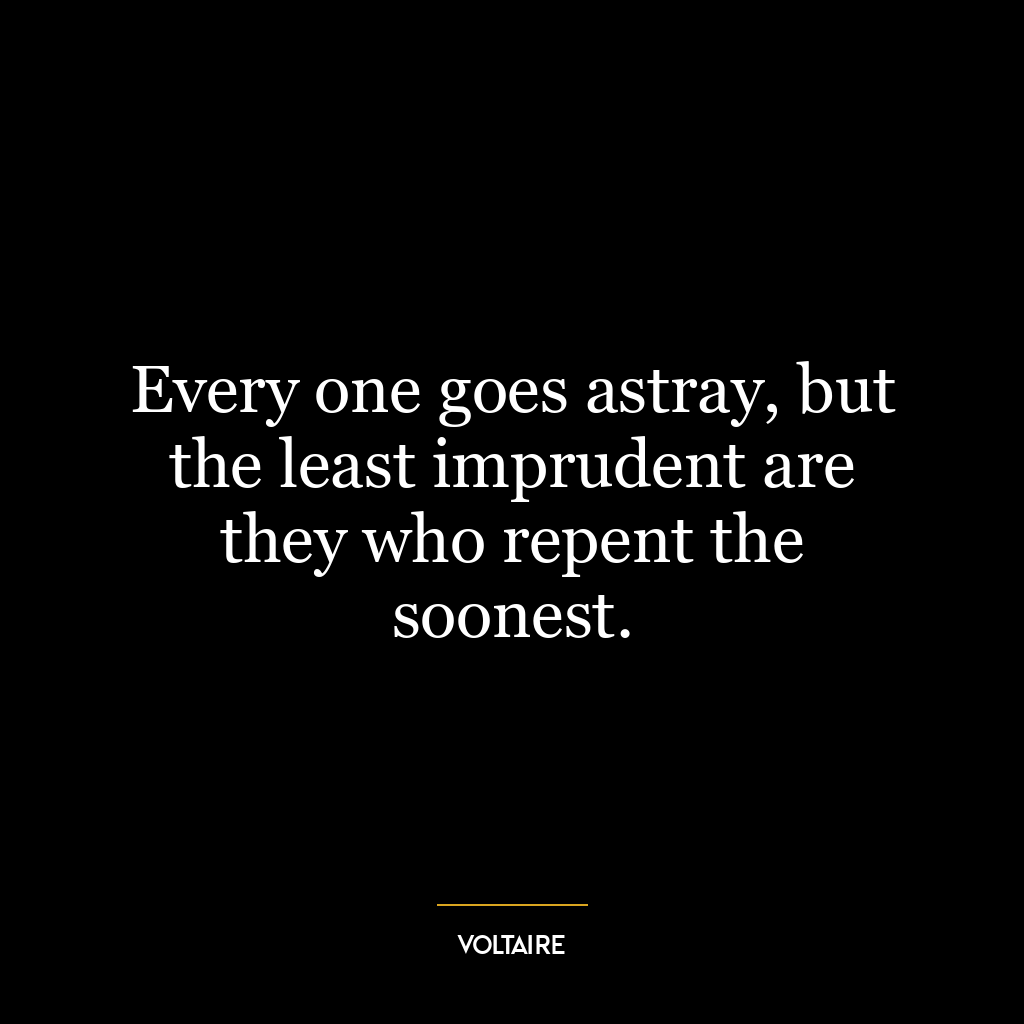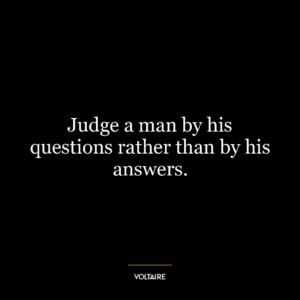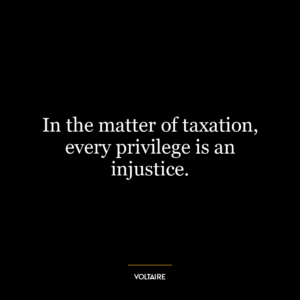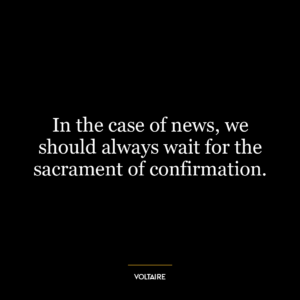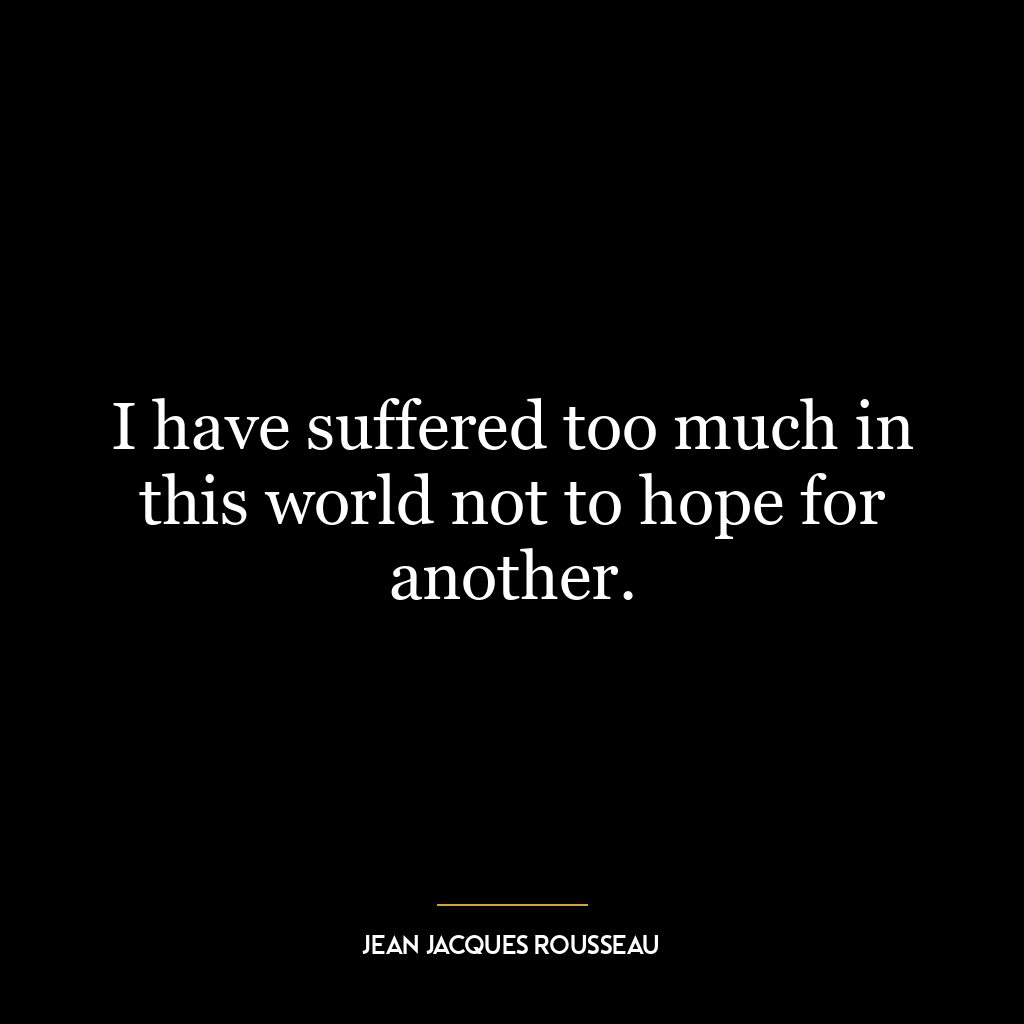Every one goes astray, but the least imprudent are they who repent the soonest.
This quote suggests that everyone, at some point in their life, deviates from the right path or makes mistakes. However, the wisest among us are those who recognize their missteps and rectify them as quickly as possible. The concept of going astray here can be interpreted as engaging in immoral actions, making poor decisions, or simply taking a wrong turn in life. The key point is the acknowledgment of the error and the initiative to correct it.
The idea of repentance isn’t just about feeling guilty or regretful for past actions. It is about learning from these experiences, making amends, and using this newfound knowledge to make better choices in the future. This concept encourages personal growth and development, as it pushes individuals to continually evaluate their actions and strive for improvement.
In today’s world, this principle can be applied to various aspects of life, including personal relationships, professional conduct, or societal behavior. For instance, in a professional setting, a business leader might make a strategic error that leads to financial loss. The sooner they acknowledge this mistake, learn from it, and take steps to rectify it, the less severe the consequences will be.
In terms of personal development, this quote underlines the importance of self-reflection and adaptability. It encourages individuals to be open to recognizing their own faults and to be proactive in making changes. This could be as simple as acknowledging a bad habit and making a conscious effort to break it, or as complex as recognizing one’s own biases and working to be more open-minded.
Moreover, in the broader societal context, this quote can be applied to the way societies acknowledge historical injustices or wrongs. The sooner a society acknowledges its past mistakes, the quicker it can work towards reconciliation and rectification, ultimately leading to a more just and harmonious society.
In conclusion, this quote emphasizes the importance of acknowledging mistakes and the value of swift repentance, not just as a moral obligation, but as a tool for personal growth and societal improvement.

